|
By Al Players: 1 Platforms: Nintendo Switch, XBox, PlayStation 4, PlayStation 5, Steam It's not often when I'm at a complete loss as to how to describe a game, but Rough Justice '84 mixes together so many genres and gameplay elements that it's difficult to give it a single label. I guess that it's a strategy game, but it's also very heavily inspired by board games and even has even has some RPG elements thrown in for good measure. It's recently released on consoles following an earlier release on Steam, and I'll be taking a look at the Nintendo Switch port for this review. Seeing as it came out just days before Christmas (yes, this review is late!), we'll check out if this is the gift we've been waiting for, or a lump of coal better left at the bottom of our stockings. Every good game needs a good setting and Rough Justice '84 introduces us to Seneca City. A city that is overrun by crime and corruption, with just about every attempt to clean it up being met with failure. It's now 1984 and Jim Baylor is being released from being wrongfully incarcerated after trying to bring order to the city years before. See, Jim was once the police chief, but now he's taking up a consulting job with an old friend's security agency. Jim was once known as the "White Knight" of the city, and it's hoped that his presence will bring new life into this failing venture. In this era of Seneca City's life, security agencies are a dime a dozen as new laws have allowed private citizens to take matters into their own hands. Jim now has the ability to unravel the corruption that sent him away without having to work within the system that ultimately betrayed him. Those forces are anything but small though, and you'll slowly uncover an inter-agency conspiracy that goes far beyond the limits of Seneca City itself. These powers have sent away Jim once before, will they be able to do so again? Thankfully Jim's not alone this time as he now has both his co-workers at the security agency and a small army of agents who are willing and able to do the groundwork for him. While there is a fairly rich story to Rough Justice, it mainly sits off to the side while you focus on helping the people of Seneca City with whatever needs they may have. I mean, why bother with that aforementioned conspiracy when you can help a dealership recover a car that belongs to a customer who has fallen behind on payments? Then again, once you see what is actually behind all of Seneca City's woes, you're probably going to want to go back to those simpler jobs too. Rough Justice '84 is basically what you'd get if you took a really complex board game and put it into a video game format. The core gameplay consists of you hiring agents to complete contracts for your security agency. Agents are hired from a rotating pool, and are priced according to their current level, skills, and equipment. You can only take on one agent at the start, but you unlock more slots by completing contracts, or by spending money to open up those slots early. You then use your agents to complete contracts by taking on caseloads that each have their own requirements and goals. These caseloads boil down to completing a certain number and type of contract in an allotted time. There is an always running clock that you have to contend with, and it's made all the more dire when you realize that your agents have to physically move from one location to the next, sometimes eating up an in-game hour or two. They also use up action points whenever they move or complete an action, and these points are probably the single most important stat to consider when hiring an agent in the first place. Once you get to the case site, you complete it by either performing a minigame (more on those in a bit), or by succeeding in a series of dice rolls. The dice rolls need to be 4 or higher to be successful, and the number of successful rolls needed is determined by the case's difficulty level. Each case can be one of three difficulty levels, which are referred to as Tier 1, Tier 2, and Tier 3. If you manage to roll two sixes, it's a critical success and you get a bonus. If you roll two ones, it's a critical failure and you take a penalty. Your agent's skill levels determine how many dice they have available to them, but these can be modified by using action points or equipment cards. Once again, everything takes action points, and you're going to want to keep an eye on how many your agent has left since they'll end their shift once they run out. Hiring an agent the next time might cost more than the first since they may have leveled up, but hopefully the successful cases they completed during their first run will have boosted your bank account a bit. The core contract in the game, and the one you'll be playing first, is the security contract. These are the simple bodyguard, security guard, etc. type jobs, but there are three other distinct types you'll also encounter. Two of these four types are basically search and capture type tasks, one being for repossessed cars, and the other being for fugitives who've jumped bail. They're not really worth discussing all that much, except for the fact that you'll have to complete several of them to unlock everything in the game. The other type are 24/7 contracts, which all involve completing some sort of minigame. These minigames can be passing a polygraph test, picking a lock, reassembling shredded documents, tuning a TV, matching radio waves, and so on. Each of these minigames can be practiced before you encounter them in contracts, and all of them can be easily won or lost depending on the skill of the player. As far as I can tell agent skills only affect the time you have to complete them, and most of the minigames are easy enough that you'll be able to manage them even if you have the "wrong" agent for the job. I actually preferred these jobs the most, as I had a lot of bad luck with dice rolls at times in just about all other case types. Oh, and before we move on from the cases themselves, there are also certain caseloads that you can take on to advance the story. These all start with Tier 2 cases, so you'll have to do a lot of playing before you're able to confidently take them on. I eventually fell into the trap of save scumming a lot of the caseloads in the main game (for reasons I'll explain later on), but it should be mentioned that you won't be able to save the game until you complete the story-centric caseloads. While I do think that makes sense for the most part, it can really be stressful taking them on since one bad dice roll can end everything. There are lots of locations to go on the Seneca City map, so let's discuss them a bit. There's the school where you can practice minigames, the office where you take on caseloads, and the bank where you can take out loans. Those three are some of the main spaces you'll want to remember, but also important are the many shops where you can buy equipment cards for your agents. These cards have a limited number of uses, and usually add extra dice to any roll that's relevant to the stat the card is based on. I didn't really talk about the stats yet, but these are your standard RPG-esque character traits like Intelligence, Perception, Strength, Empathy, etc. I found myself rarely using cards unless it was on a Tier 3 mission because I found hoarding money to be far more enjoyable. You don't have to worry about buying equipment for agents and not using them though, as agents do keep whatever equipment you buy for them on future hirings. This means that if you rehire an agent you decked out on a previous run, they'll still have all the items you left them with. Besides all the spaces I've already mentioned, there are also random ones that pop up from time to time. These can be calls from informants, secret jobs that affect your reputation, golden dice pickups (basically extra dice for your next case), or stops that replenish action points. Contract spaces only appear after you take on a caseload, and this is important as you never really know if your agents are going to be close to their next job or not. It's best to have a couple agents on opposite ends of the city for this reason. Be careful though, since everything has a time limit, you always want to be on top of where everyone and everything is so you don't accidentally fail a case due to simply running out of time. While the gameplay of Rough Justice '84 sounds fairly complex, it actually starts to run rather smoothly once you get into it. Now I don't want to make it sound like this is a perfect game by any means, as I have a lot of caveats I want to mention in a bit, but the gameplay loop is very easy to get lost in once you begin to learn its ins and outs. There are a lot of references to 80s action movies and pop culture in the contracts, and just about all the agents seem inspired by some famous actor, musician, or character from the decade as well. There's a lot of fun to be had here, and the game does a good job of world building where you're given small details over a long time, and are safe from any heavy plot dumps. I mentioned this earlier, but the main story almost feels like side content when you compare it to the core game. I can't help but wonder if it was added as an afterthought, to give you a reason as to why you're constantly completing caseloads. Much of what I'm going to say next in the review is going to be negative, but it must be said that I went into Rough Justice wanting to like it. I fell in love watching a trailer for the then-upcoming console release, and couldn't wait to get my hands on it. I'm obviously hinting at disappoint down the road, so let's get to that... Let me tell you how my first hour or so with Rough Justice '84 went. I booted up the game, saw the opening cutscenes, had my ears destroyed by the on-screen banter (don't worry, I'll get there), and then tried to go on my first case. I actually messed up my first case by putting a die that was only a three into one of the action squares, not realizing that I couldn't remove it after I did so. This caused me to instantly fail my very first case. I didn't think anything of it at the time and kept going. The next two cases were critical failures, meaning that I had two ones in my first rolls. Now I was starting to dread that this was going to be a bad game as I couldn't believe that it would have a mechanic like this, let alone that it would happen to me twice. Each of those failures also meant that I lost money, and my agent's equipment along with the failed cases. Also, since I hadn't successfully completed any cases, my agent had lost all their action points and left. I was now in the negative money-wise, but the game still let me continue, so I did. I took on another caseload, hired a new agent, and went off. I accidentally picked an agent that was not at all suited to the first job I sent him on (I guess I should've hired him after checking the jobs out) and lost it simply because I didn't have enough dice, and I didn't realize you can only purchase the extra action point dice before you take the first roll. I then got a random event that made all my agents (I only had one, but I think it affected the hiring pool) lose some action points. I actually successfully completed the next case, but my agent left and I had to hire another. In case you can't tell, I'm well into the negative, and losing more money each and every turn. To cut the story short, I eventually did two more caseloads, but lost more than half the cases by critical failures. I think about 1/3 of all my cases in this particular run ended in critical failure. I then learned that if you go too far into the negative, it's game over. I was so upset after this first experience that I almost quit the game and wrote the review based on that. Clearly the game didn't want me to play it, so why should I bother? It wasn't even the most enjoyable experience either, thanks to things I haven't even had time to mention yet, but I had a review to write so I gave it another go. This second playthrough went a bit smoother, and I decided I was going to do something different; I was going to save scum. For those that don't know what that means, I basically saved the game before every task, and reloaded if it was not a favorable outcome. I actually didn't have to do the latter too many times, but I did notice an odd quirk while doing this. It seems that there are some cases that the game simply decides that you must fail. I'd load and reload some cases and I'd get similar results. I'm not sure if some just have harder RNG algorithms, but it really made the supposed "randomness" of everything feel pretty mean-spirited. All this also made me realize how repetitive the game really is. I was enjoying myself here and there, but you have to do several caseloads over and over again to get enough money to decently level up the agents you'll need to complete the story missions. Sometimes you can't even hire the agents you want/need if they're not in the pool. So much time is wasted on repetitive tasks, or waiting around for the right things to pop up for you to actually continue. If this were an open-ended game I probably wouldn’t care as much, but it takes hours before you're able to advance the story even a little bit. I'm going to move away from the gameplay, but I want to get one more point out. Every time you start up the game there is a screen that shows all the awards the game won. A lot of them seem to be pre-release ones, but they are an impressive lot. I can't help but wonder if rather than write down each award they won while making the game, the developers instead focused on making the game enjoyable, or better yet that the console ports aren't a far worse experience than the Steam version. If there's one great aspect of Rough Justice '84, it's definitely its visual style. While I'm not always a fan of the overly rose-tinted views of the 1980s, Rough Justice does a good job capturing the stylized vaporwave aesthetics that often cloud how people view the decade. The Seneca City map screen is impressive, the character images are well-done, and I even liked the font choices. Not everything is perfect though, as there isn't a whole lot to see once you've completed everything at least once. It doesn’t take long for you to realize that all cases consist of only of a few static screens, and all the action described in the text is left to your imagination. Also, no matter where you actually are when you're completing a 24/7 job, all the minigames take place in the same room they always do. There's not even any animation when it comes to the characters themselves, and the only movement you'll see is their icon moving along the city streets in what are pretty much straight lines. There are cutscenes that are animated here and there, but these run so badly on the Switch that they were barely viewable. Speaking of running badly, for a game that doesn't have a whole lot going on visually, it sure has a hard time running without lots of hiccups. There were several times when the city map didn't fully load, and just as many times when the frame rate slowed to a crawl, even though there wasn't anything really happening on screen. It's such a simple looking game that I was at a loss as to how the game could be barely playable at times, but here we are. I'd probably go on more about how the graphics ultimately disappointed, but this is probably the least of the game's issues. I wonder if the Steam version has similar issues, but how could it have won all those awards, right? Talking about music is something I can't really do here because I honestly don't think I managed to hear enough of it to judge for myself, but that was in no way due to any fault of mine. Let me explain. I started the game, watched the first cutscenes, got through the first bit of in-game dialogue and was ready to enjoy the game. Then all the voice clips from the main Seneca City board started to pop up. I've mentioned it already, but much of the game is centered on you completing various jobs around the city, and this means you'll hear a lot of one-liners from the people giving the jobs, the agents completing them, and other NPCs that pop up here and there randomly. This feels like it wouldn't be any big issue, but those voice clips are extremely loud, like ten times louder than anything else in the game. They actually are all extremely distorted too, as if they've been raised far beyond the game's actual highest volume. This change in audio literally made me jump the first time I heard it, and I was shocked to realize that all of the voice clips on the Seneca City map are like this. I tried every single sound option in the menu to fix this issue, but none of them seemed to affect these clips. Except the for the main volume control I guess, but that lowered everything, and the offending voices still sounded much louder than everything else. This made it so that I played the game at a very low volume the entire time, and still would cringe each time I had to hear those voice clips. Thanks to this, I don't think I heard a single piece of music outside of whatever was in the cutscenes. I was always wary to raise the volume for cutscenes though as I didn't want to be jumpscared by everything else if I forgot to lower it after the scene was done. I honestly have no idea how anyone could release a game with such an obvious oversight. This seems like something that could be easily patched out too, but we're now over a month into the game's release and nothing has been done about it. I bet the music in this game is great, too bad I probably won't ever be able to hear it. Okay, I have to really think this part through as there are so many issues with the controls that I'm not even sure where to start. First off is the fact that I strongly suggest that whoever mapped out the controller for this game start playing more video games, as there is no way they played any before working on Rough Justice '84. Every button choice feels random, and nothing is consistent. A is used to advance some dialogue, and sometimes to choose things, but Y is the button that is used to select jobs and other in-game related things. B is mostly used to cancel decisions and such, but sometimes that's also done by pressing the Y button. If you want to save or load a game you have to select the file with A, then press X to load, or Y to save... or B to delete. If you want to select agents you'll have to use the trigger buttons to do so, but then can only select them by clicking on their picture with the A button, if you press the button on anything else you'll be selecting stats or other things that are unimportant. There are also times when the analog stick moves the cursor for certain things, but other times where you'll have to use the D-Pad for similar movement. Oh, and as far as I know there is no button that can advance the in-game text during jobs. If you try to press A to move the (very slow) text along, you'll more than likely accidentally select something from the job menu that you didn't mean to. I'm not even exaggerating when I say that this isn't even all of it, I just want to move on before I lose myself discussing all the other weird control choices. The button references I just mentioned refer to the Switch Pro Controller, but they're mapped similarly on other platforms. I get that this was a PC game first, but I've seen countless other games make the transition to console in much better order. I wish that were it, but I want to talk a bit about the cursor accuracy and the in-game clock. I've already discussed how the clock is always there, and you'll always lose minutes each time you go in and out of menus because it doesn't auto-pause when you return to the Seneca City map. This is made all the more annoying by the fact that cursor is so slow and imprecise that I often found myself clicking the wrong things. I found three big issues with the cursor that I want to discuss here. First there's a floatiness to the cursor that is hard to describe, and you'll often find yourself sailing straight over the thing you want to click on. Next up is the weird camera angle screwing up the perspective. There were lots of times I thought I was clicking on the icon I wanted, only to move the camera a bit and realize that I was far off the mark thanks to perspective issues. Then there's the accuracy issues themselves. I often worked with just one agent, and that meant that I had the luxury of just waiting on the exact job spot for them to show up. For some reason the cursor would usually act like the space I was on was not actually the job spot unless I moved it around a bit. Doing this would sometimes confuse the game into thinking I wanted to click on a shop that was technically on-screen, but nowhere near where I was. This is almost definitely a bug, and one that happened so often I wondered how it couldn't have been caught in testing. Once again, this would be a simple annoyance if it wasn't for the fact that I'm being timed, and any accidental clicking could cost me as much as a half hour of in-game time. I actually failed a couple jobs thanks to this, and it was yet another reason why I had to fight to keep playing the game even though I wanted to quit more than once. Judging by the fact that I had to try two playthroughs before I was actually able to make any progress, I guess you can at least say that the game is extremely replayable. There's a big random factor to everything that goes on, something I especially witnessed once I started save scumming my way through the game. I can't get over how randomly punishing the game can be at times though, especially early on. I get that you might be meant to lose a few times in a board game, but this is a video game and repeated game overs are anything but fun. There is a lot to see though, and I guess you could go for a challenge, or even a min/max run, but those require more patience than I currently have for this game. The game's one saving grace is that its $19.99 price tag is rather reasonable, though I feel that ANY price is a bit too much when the game is currently in the state that Rough Justice '84 is in. I hope that the game's issues get fixed eventually, but we're still working on a 1.0 release even though the game is barely playable at times. If the issues were fixed though, the price wouldn't be too bad for the amount of content you get. I honestly don't think I can recommend Rough Justice '84. It's not completely broken or unplayable, but it's not too far above that at times. The sound issues alone are worth staying away, as playing a game nearly mute so you don't blast your eardrums is not the way I want to play any game. Also, while I eventually got the hang of the game (and started just doing a lot of save scumming), I literally got a game over my first playthrough thanks to bad RNG. Couple that with the poor porting decisions that were made, and I'd suggest that everyone pass on this until the game is patched to fix the glaring issues. I hope they at least get those sound bytes in check, as I'd like to hear whatever music the game has to offer some day. If that day ever comes, then I'll probably amend this review to make note of it. Until then though, I suggest that you only pick this one up if you're really in need of an '80s inspired game to fill up a boring weekend. Otherwise I suggest looking elsewhere for your entertainment. I really wanted to like this game, but it managed to let me down at just about every point. Here's hoping that the next game that flaunts its awards has a great product to back them up. For More Information on Rough Justice '84: https://www.rough-justice.com/ Story: B+ Gameplay: C Graphics: B+ Music/Sound: D Value: B- Overall: C Pros: + A cool game concept that feels like it could actually be re-envisioned as the board games that inspired it. + Some cool visuals give off that 80s vaporwave aesthetic perfectly, while also feeling rather unique. + Lots of pop culture references in the jobs, dialogue, and even the agents you can hire. + The gameplay loop can be rather fun once you get into it, and some of the minigames are enjoyable. + While the story feels a bit like an afterthought, it has enough 80s Robocop-esque vibes that made it enjoyable. Cons: - The game's RNG can be extremely punishing at times, and the ever-present in-game clock is just as unforgiving. - Controls are all over the place, nothing comes off as intuitive, and there are times when the cursor meant to select things seems to get stuck. - Agent and job voice clips seemed mixed extremely high, to the point where the game is pretty much unlistenable. I literally never heard any of the game's music because of this. - Difficulty in the minigames is very uneven, and some feel downright broken at times. - The Switch port feels completely un-optimized and can't even play some of the in-game cutscenes without skipping and chugging. - While I only can judge off the Switch port, it feels like little thought or care was put into bringing this game to consoles. A copy of this game was provided to us free-of-charge by the publisher for the purpose of this review. This did not affect our review in any way.
0 Comments
Leave a Reply. |
Search
Contributors◆ Angie
◆ Emily ◆ J.D. ◆ Janette ◆ JT ◆ Manuel ◆ Nestor ◆ Rose ◆ Sylvia ◆ Teepu ◆ Tiffany ◆ Winfield Archives
April 2025
|
© 2014-2025 A-to-J Connections. All Rights Reserved.

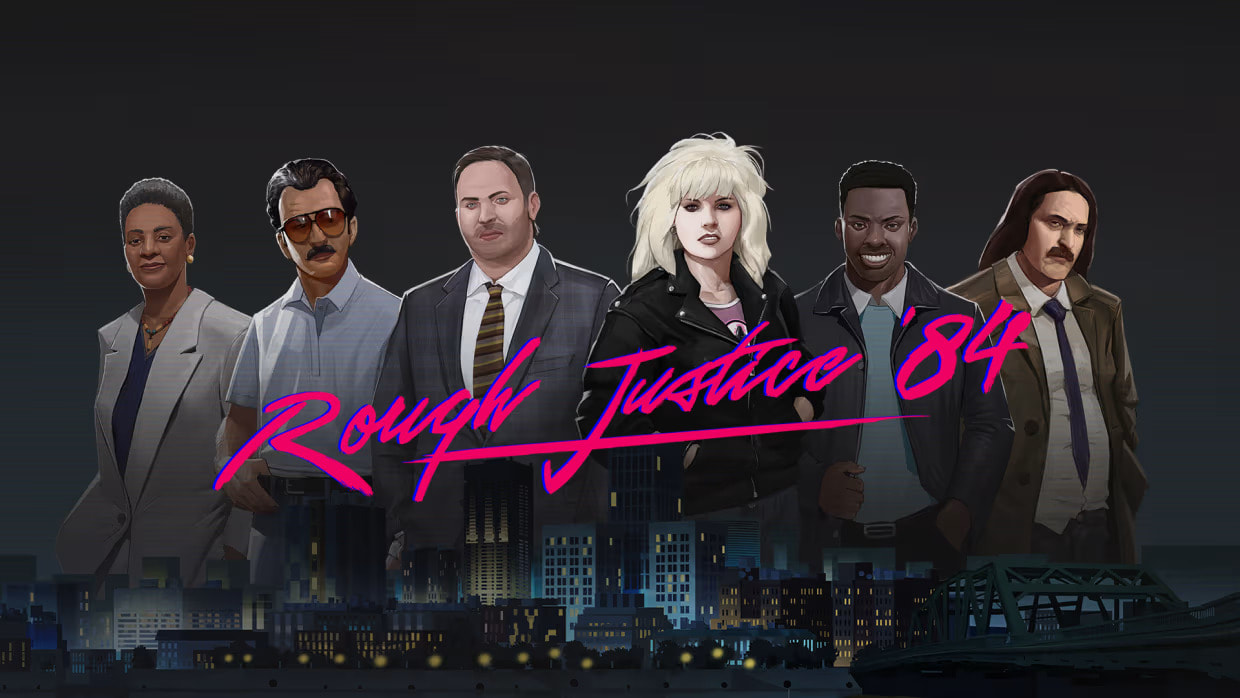
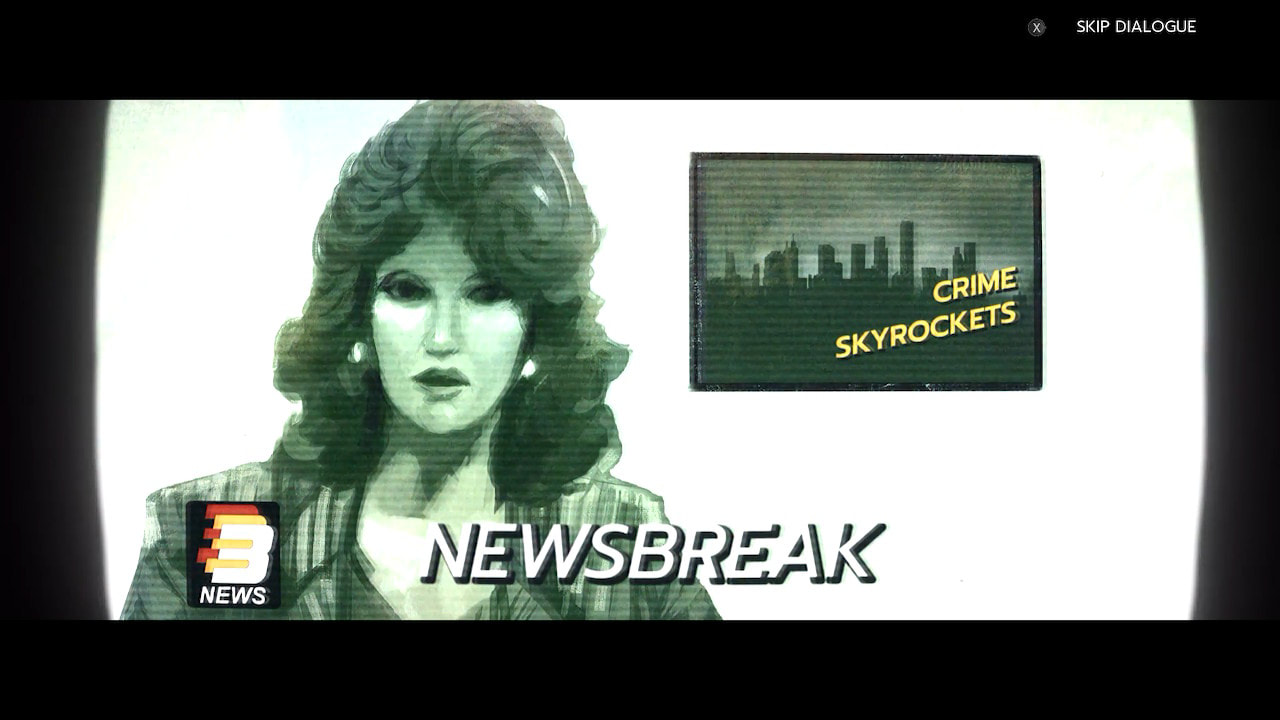
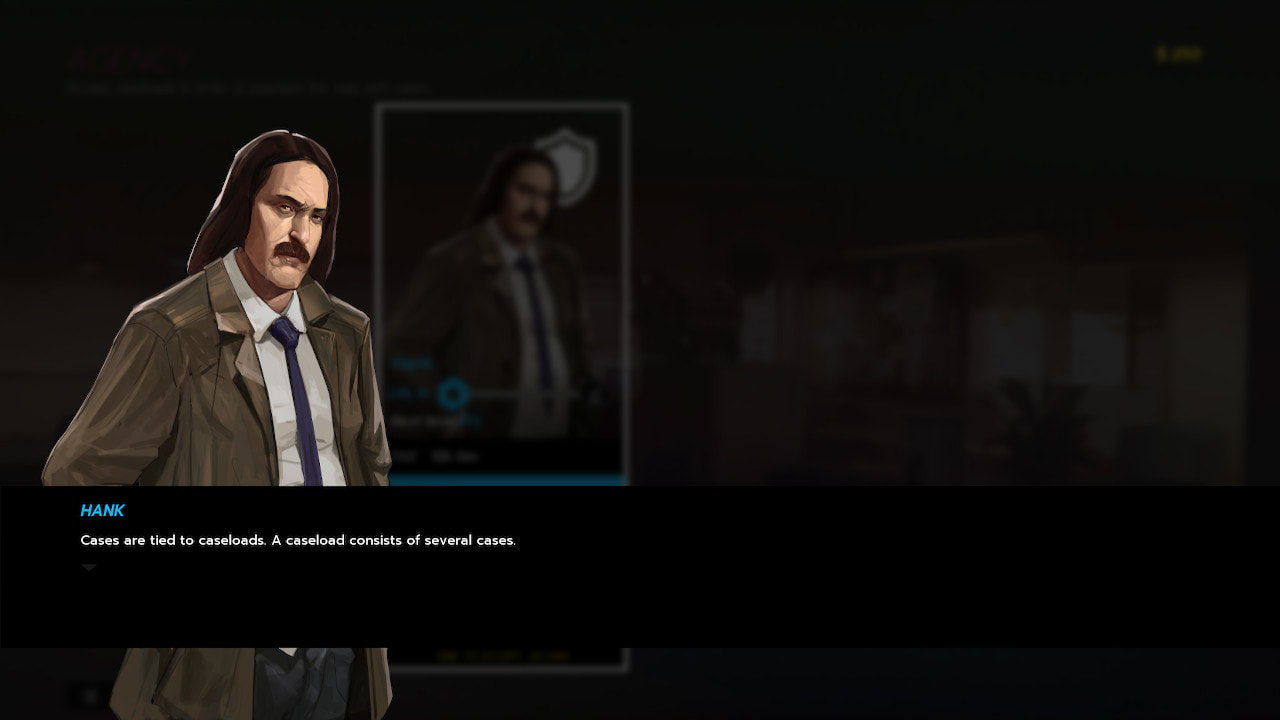
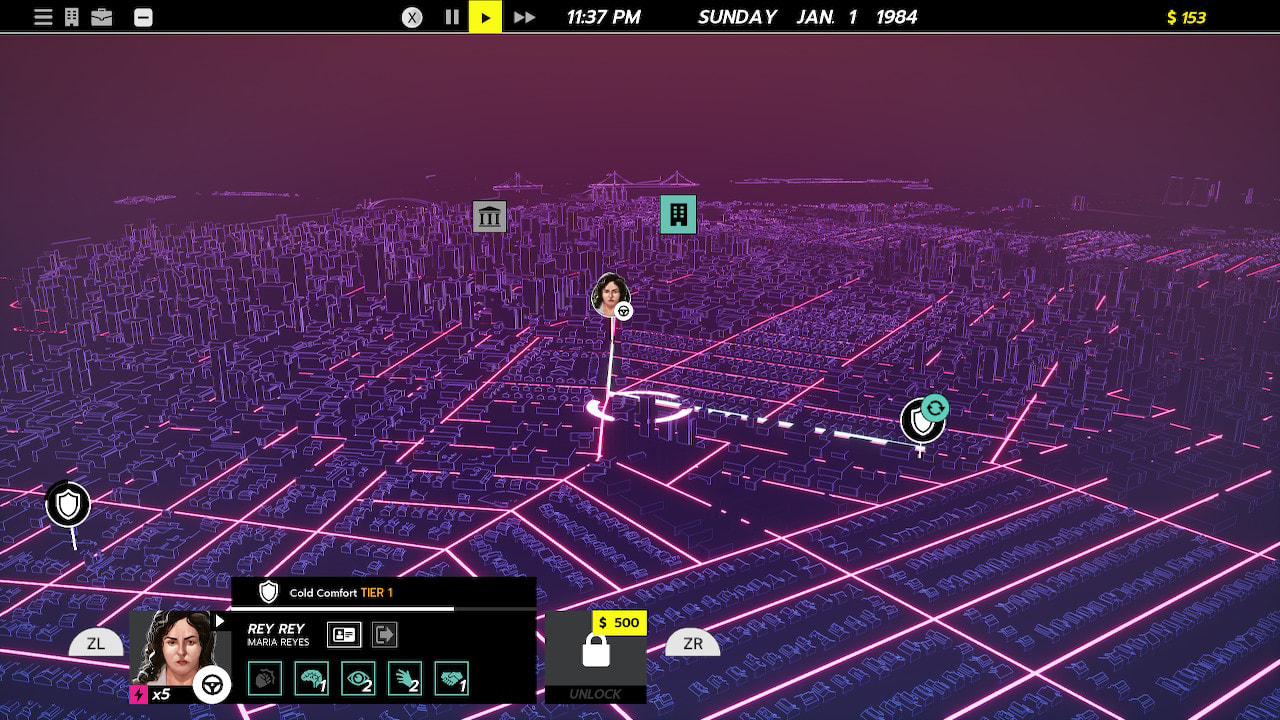
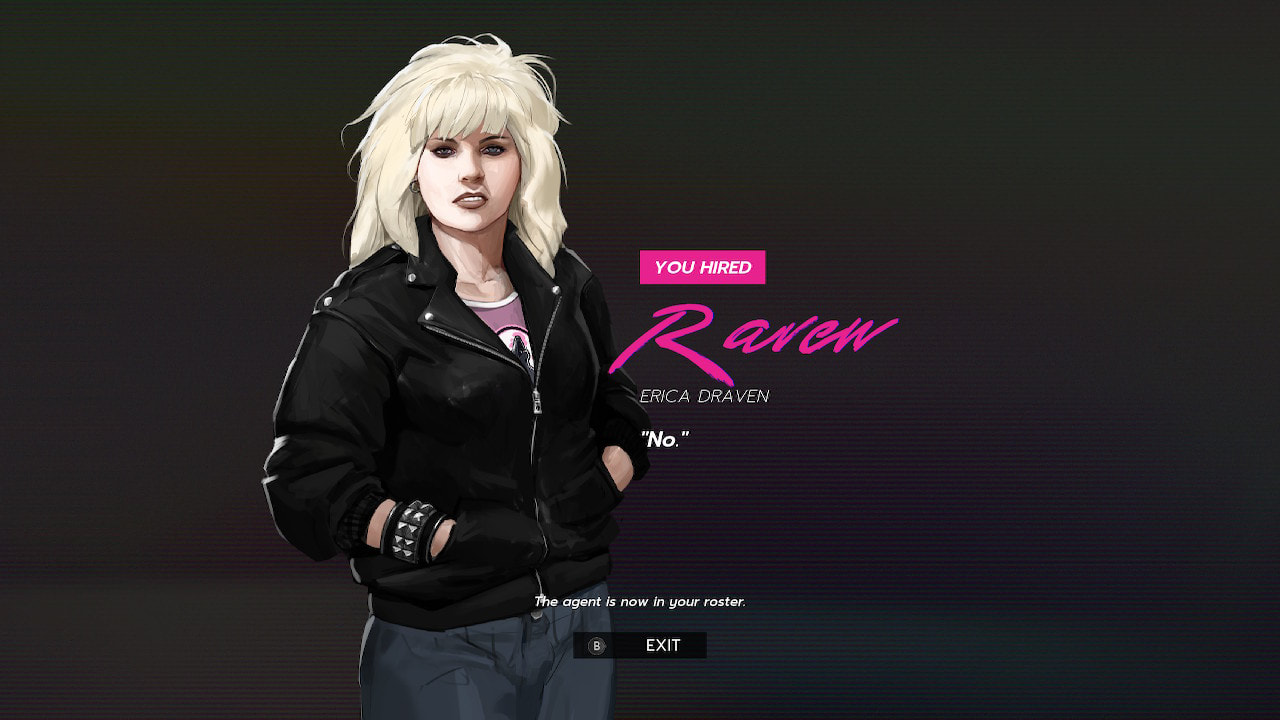
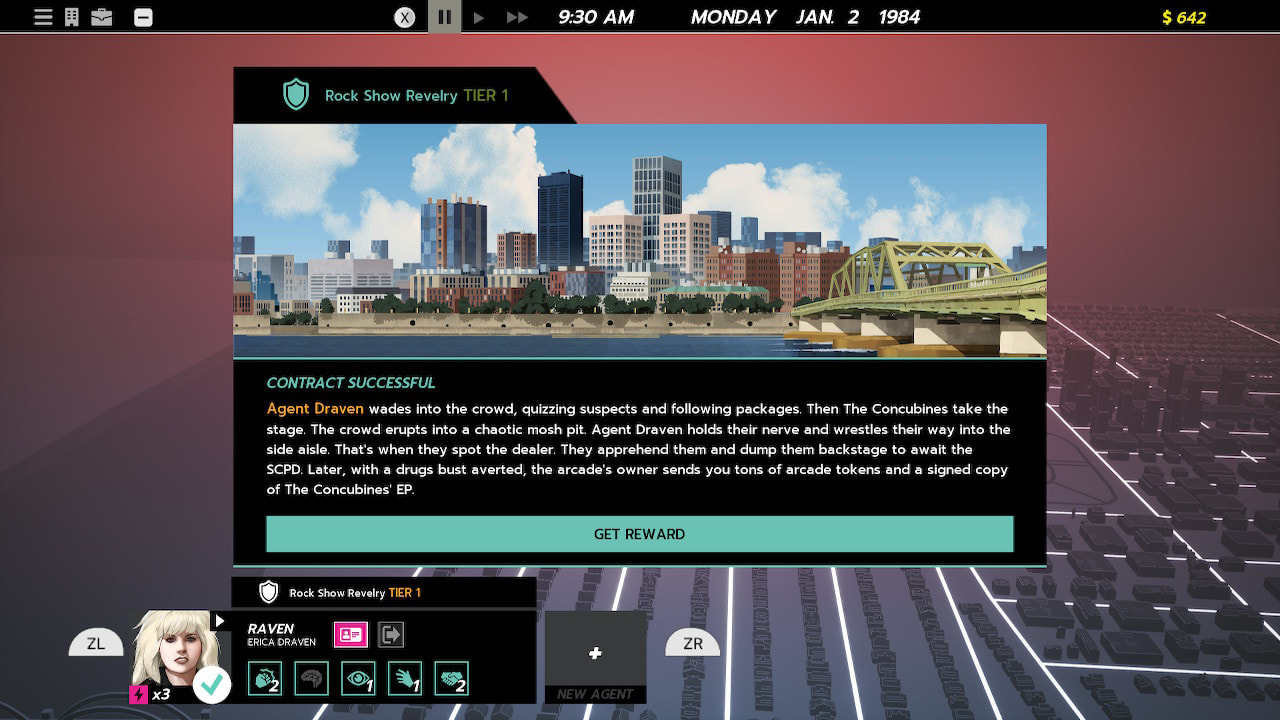
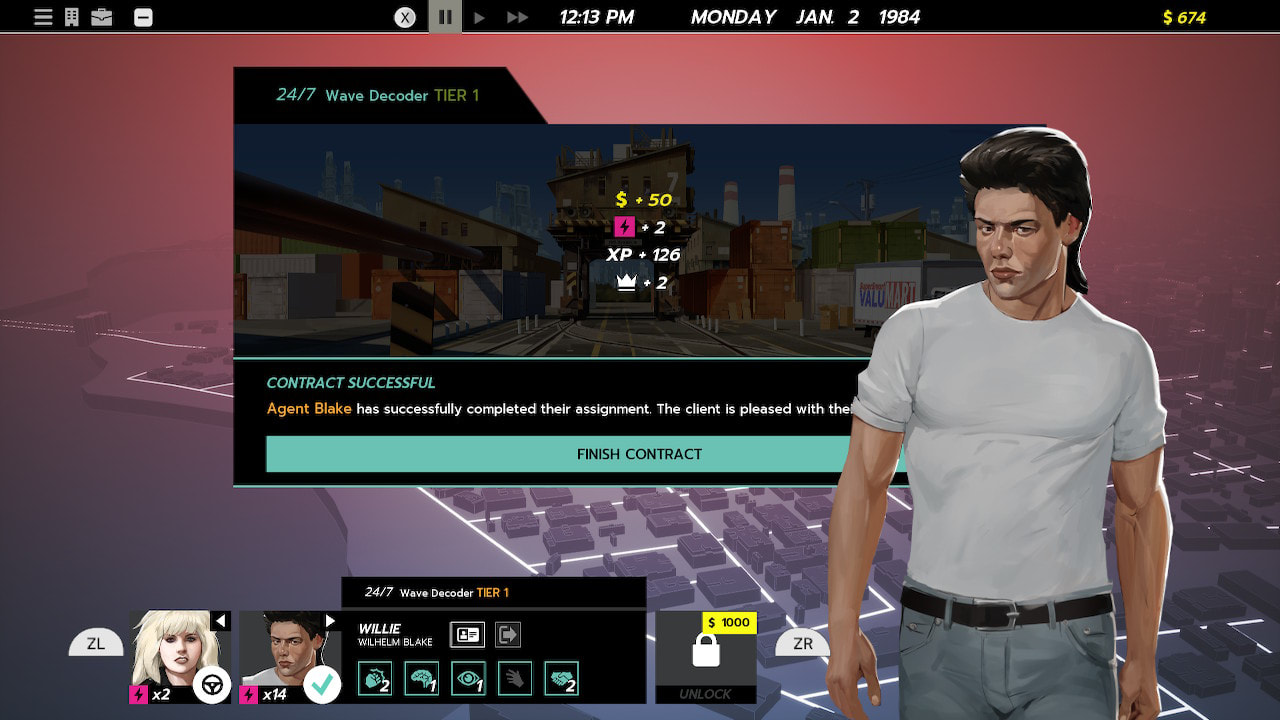
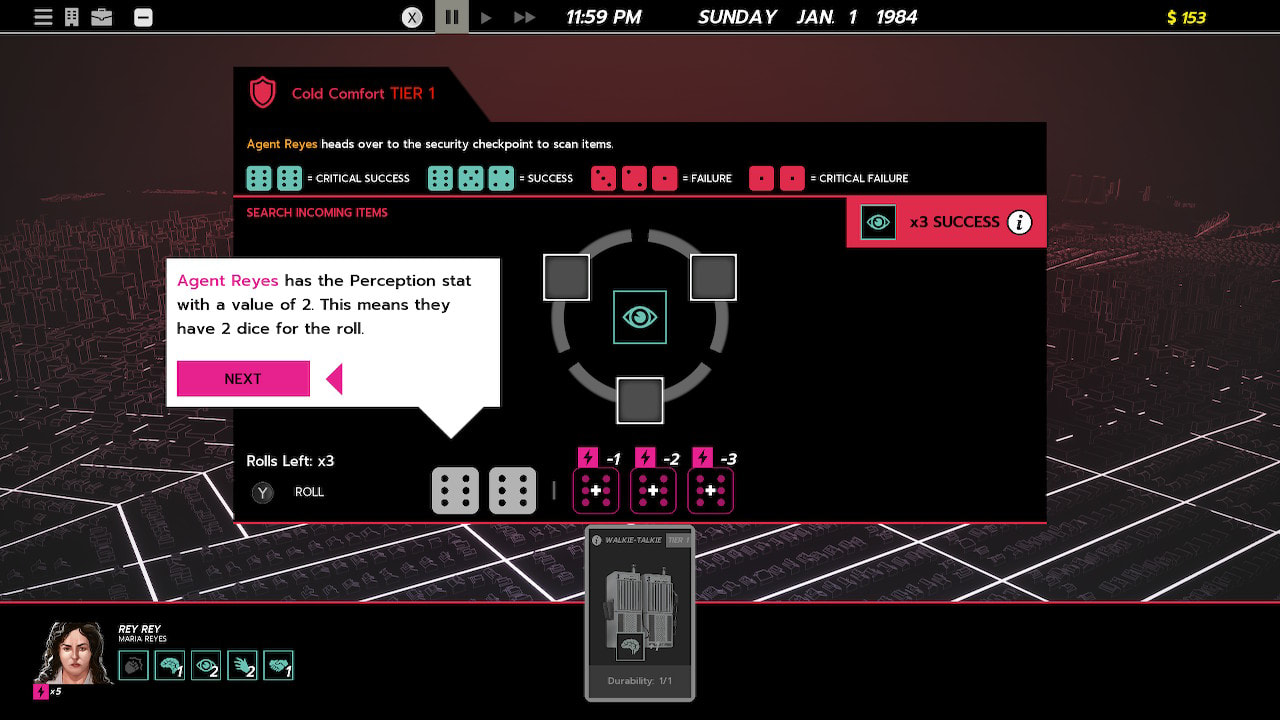
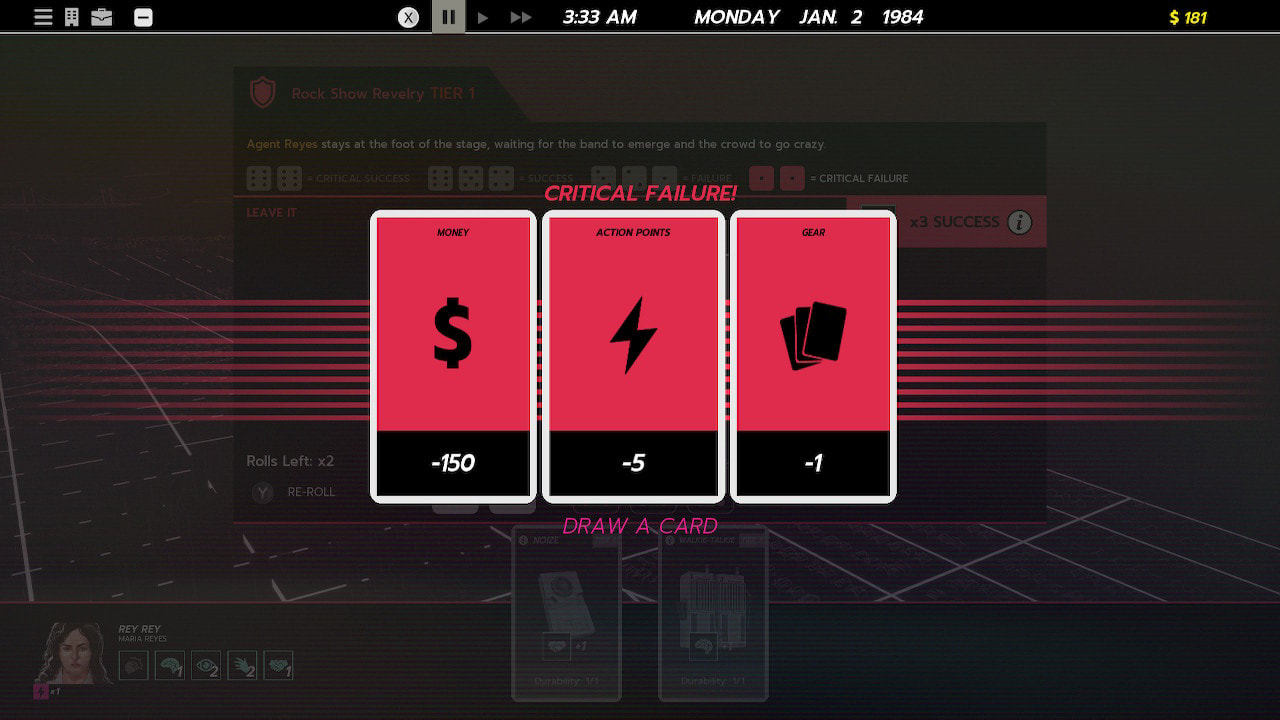
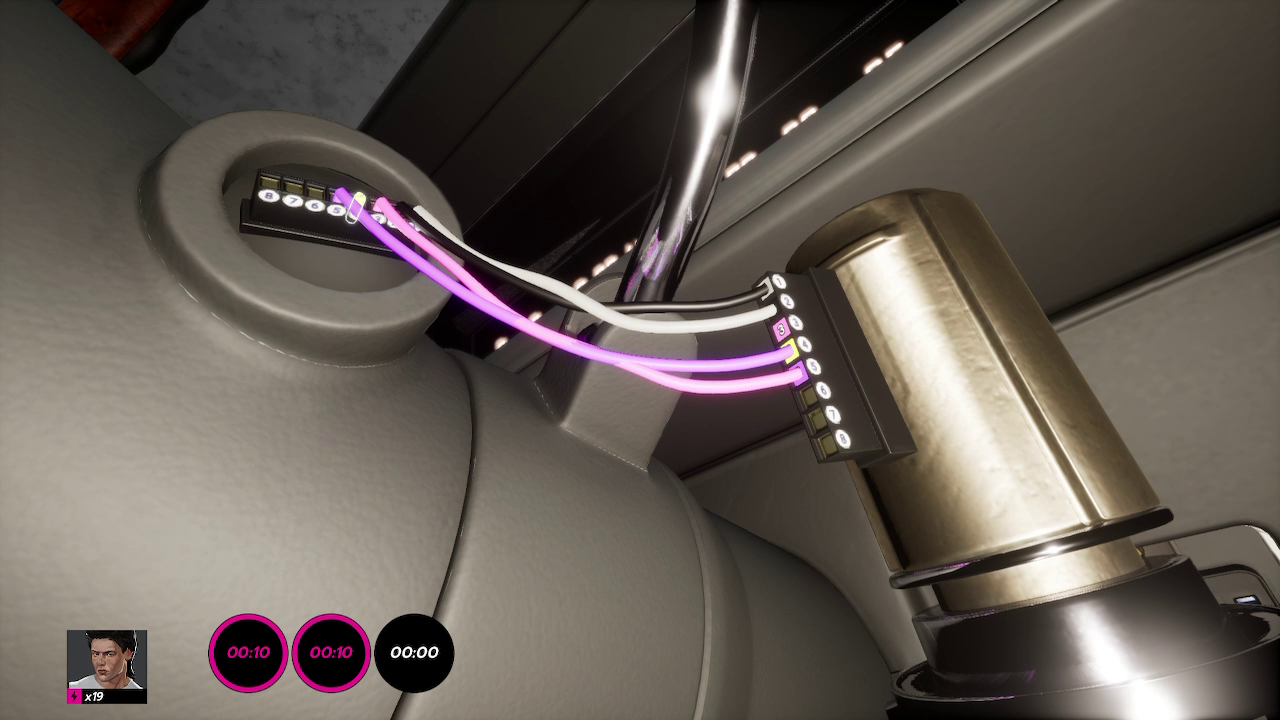
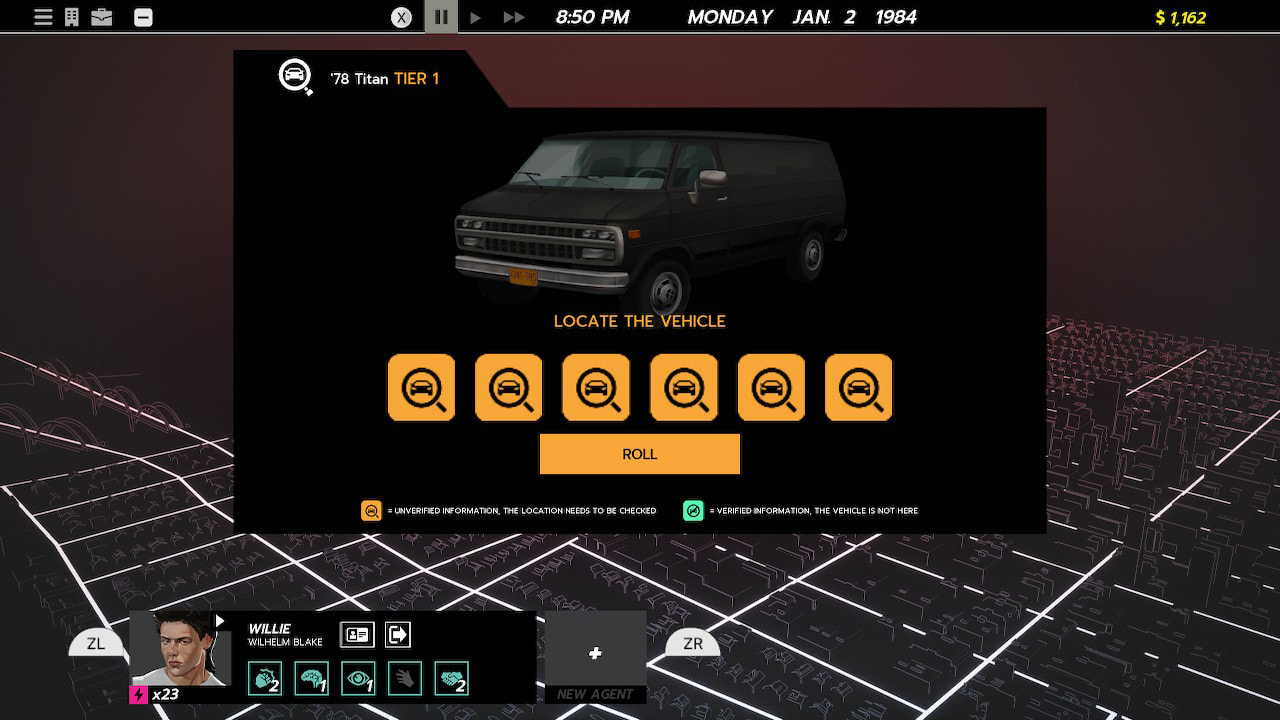
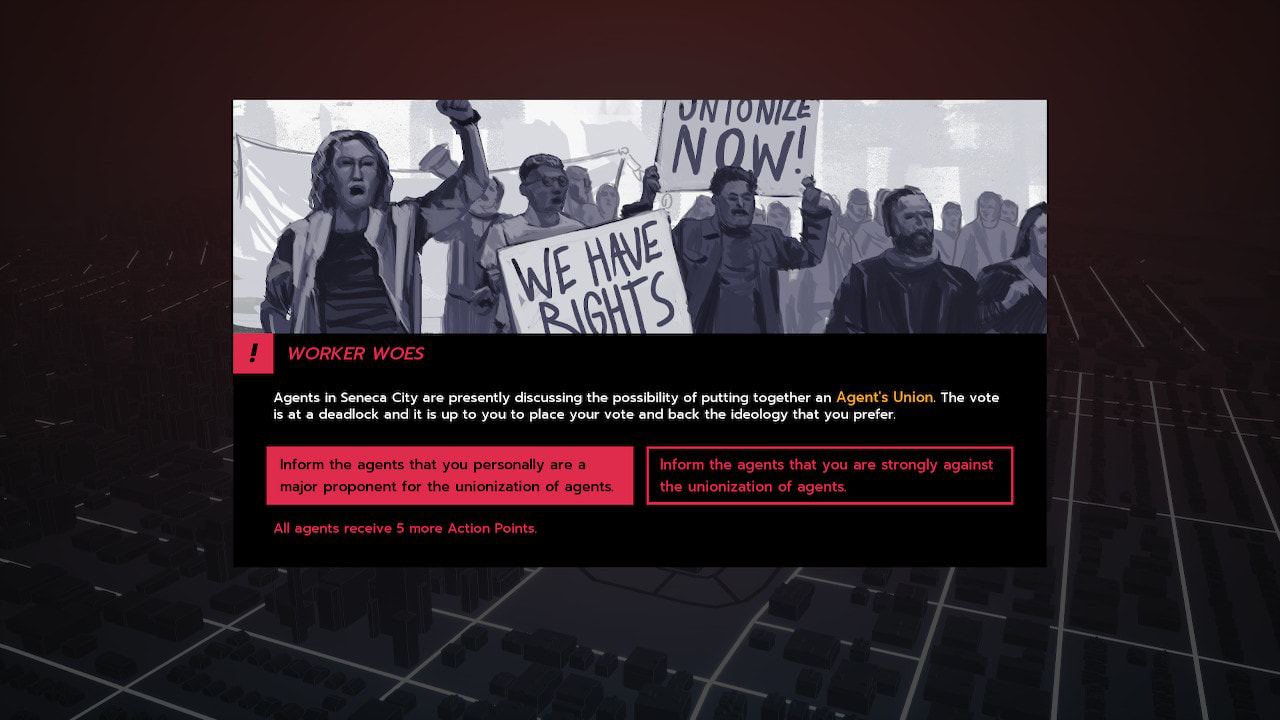
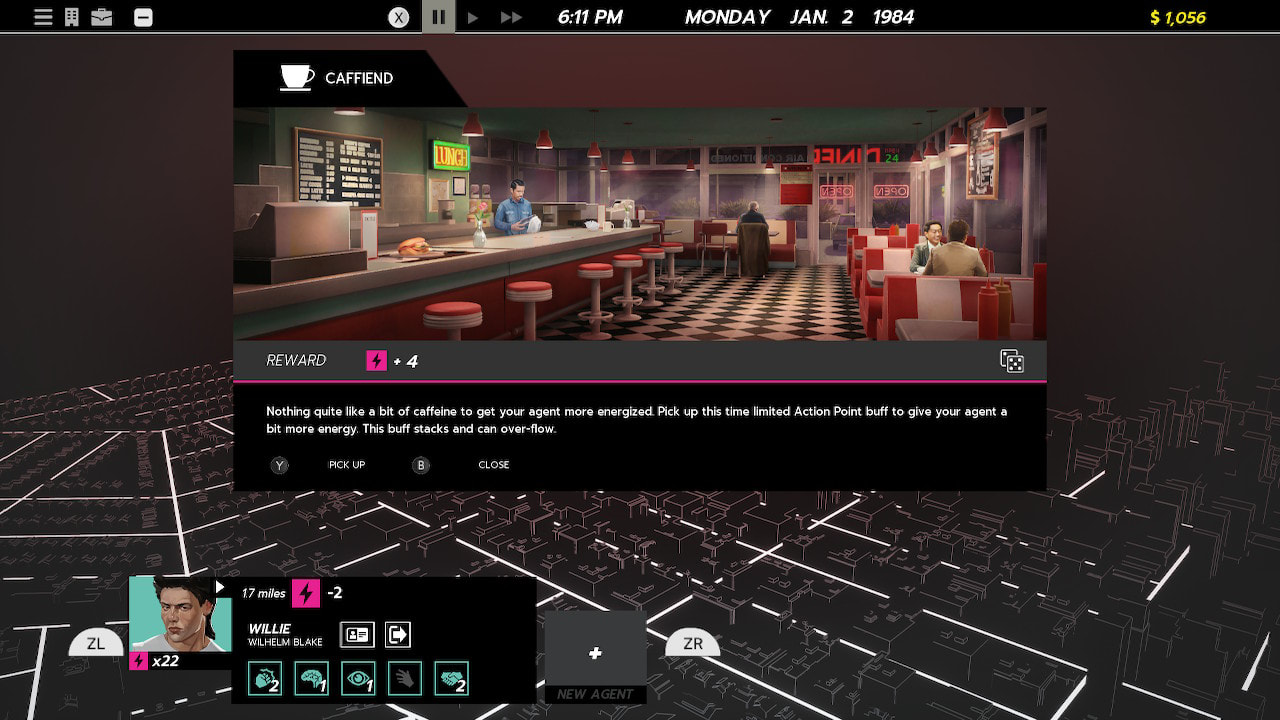
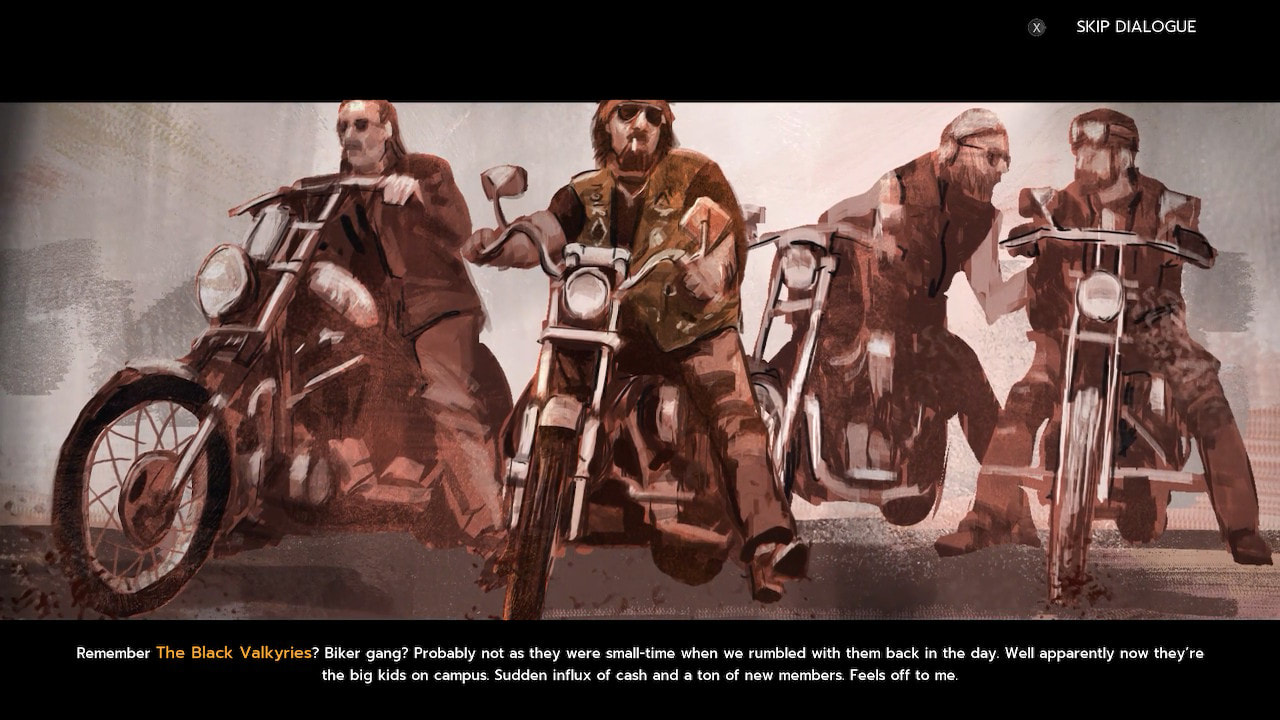
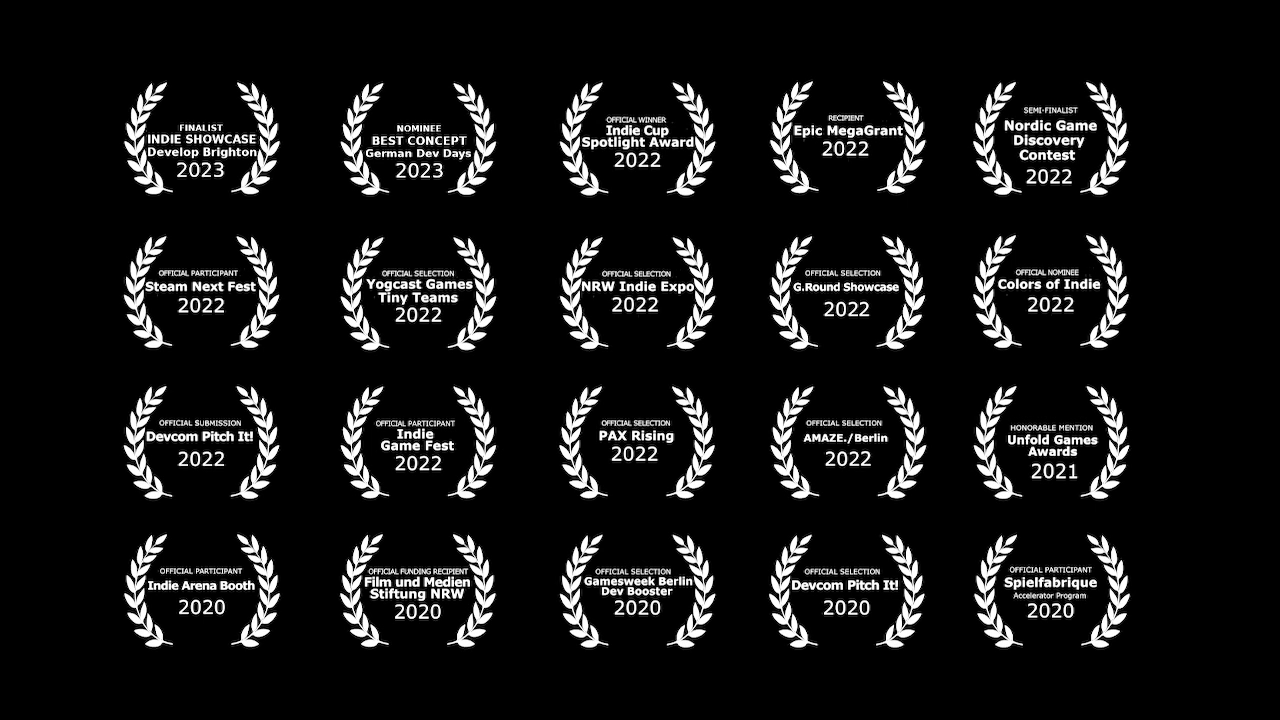
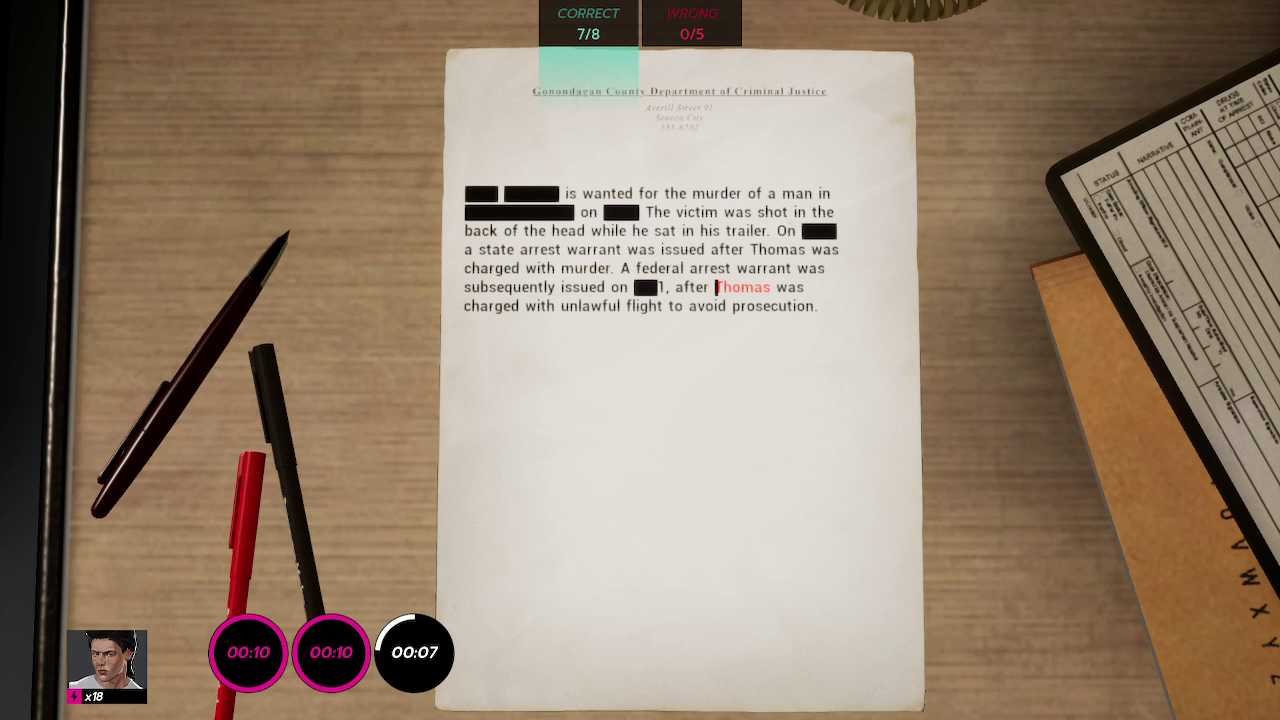
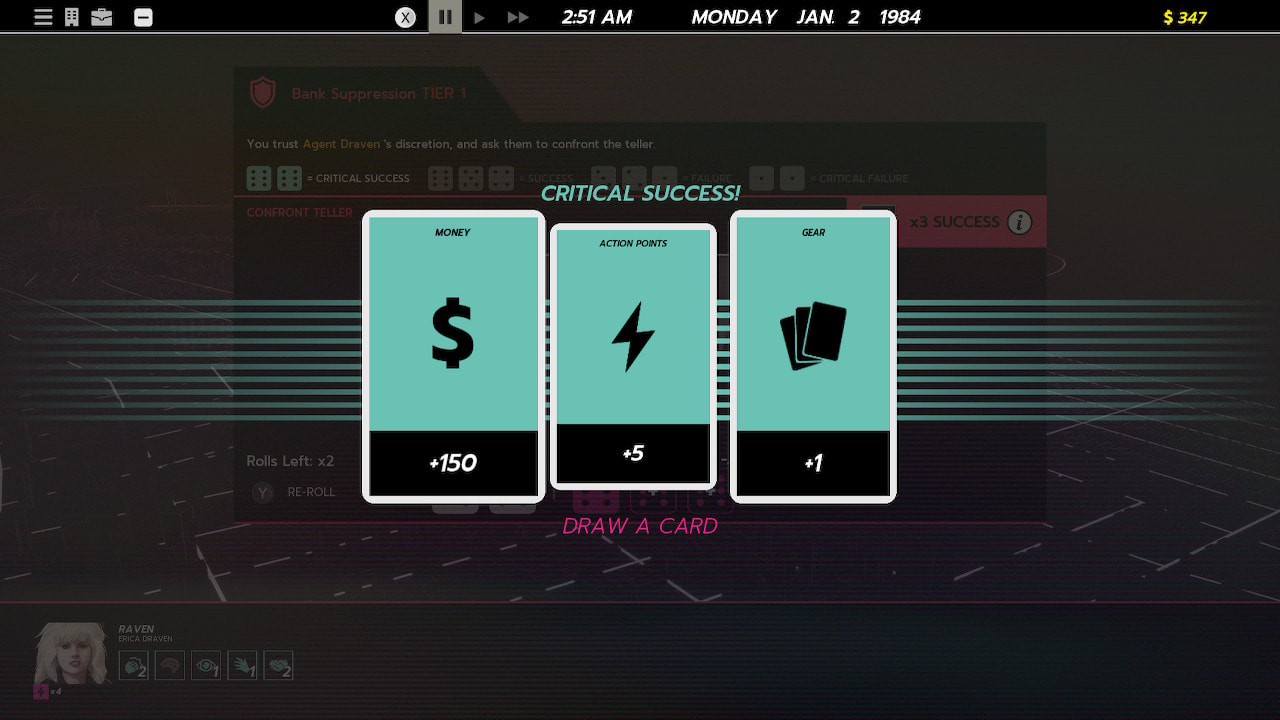
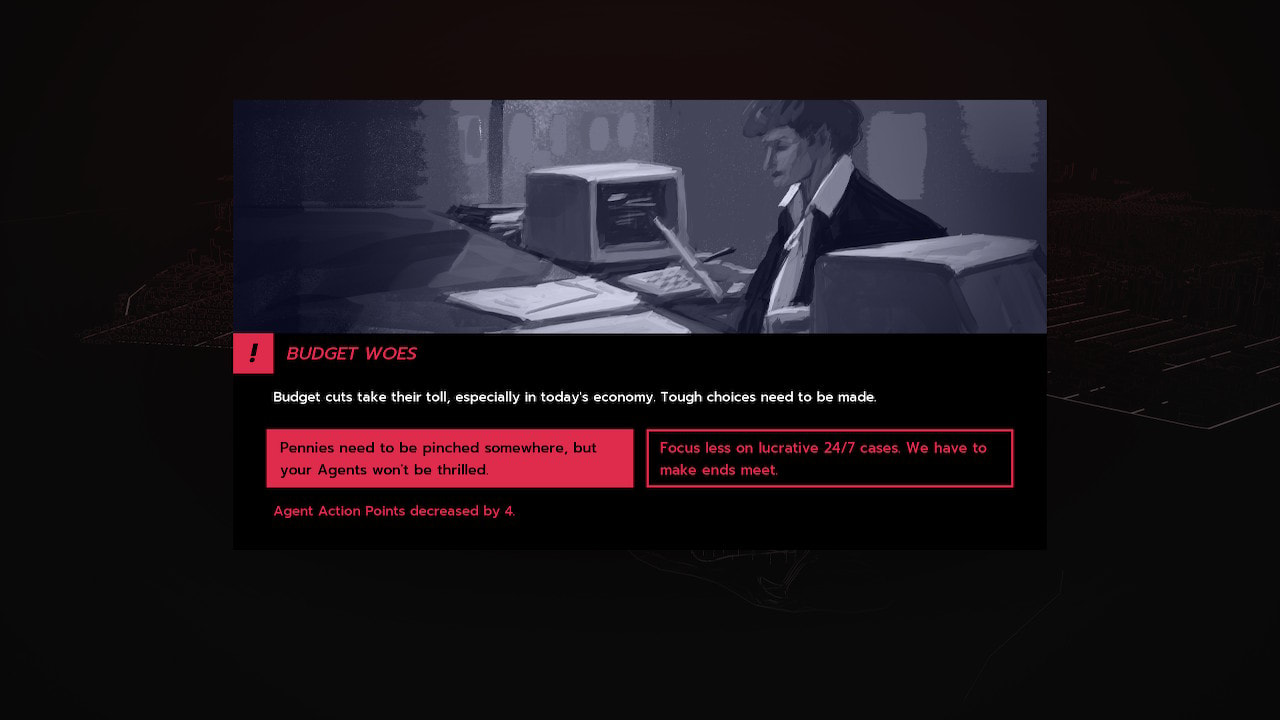
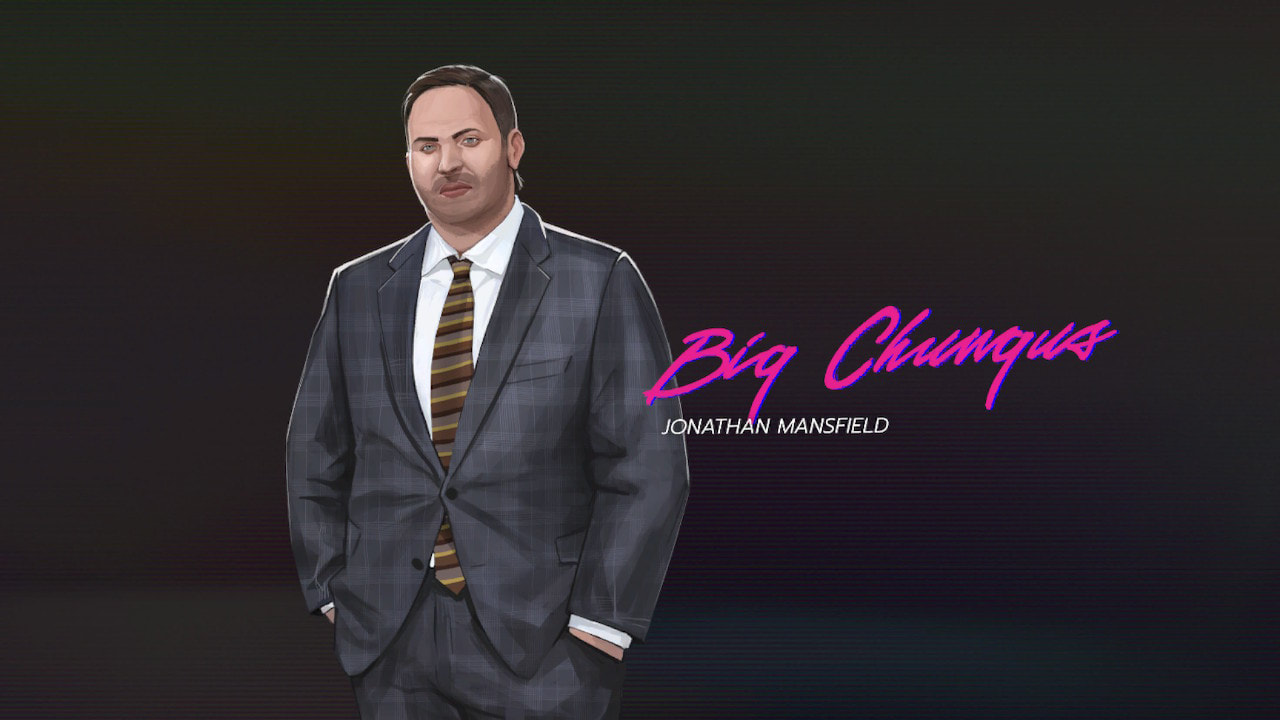
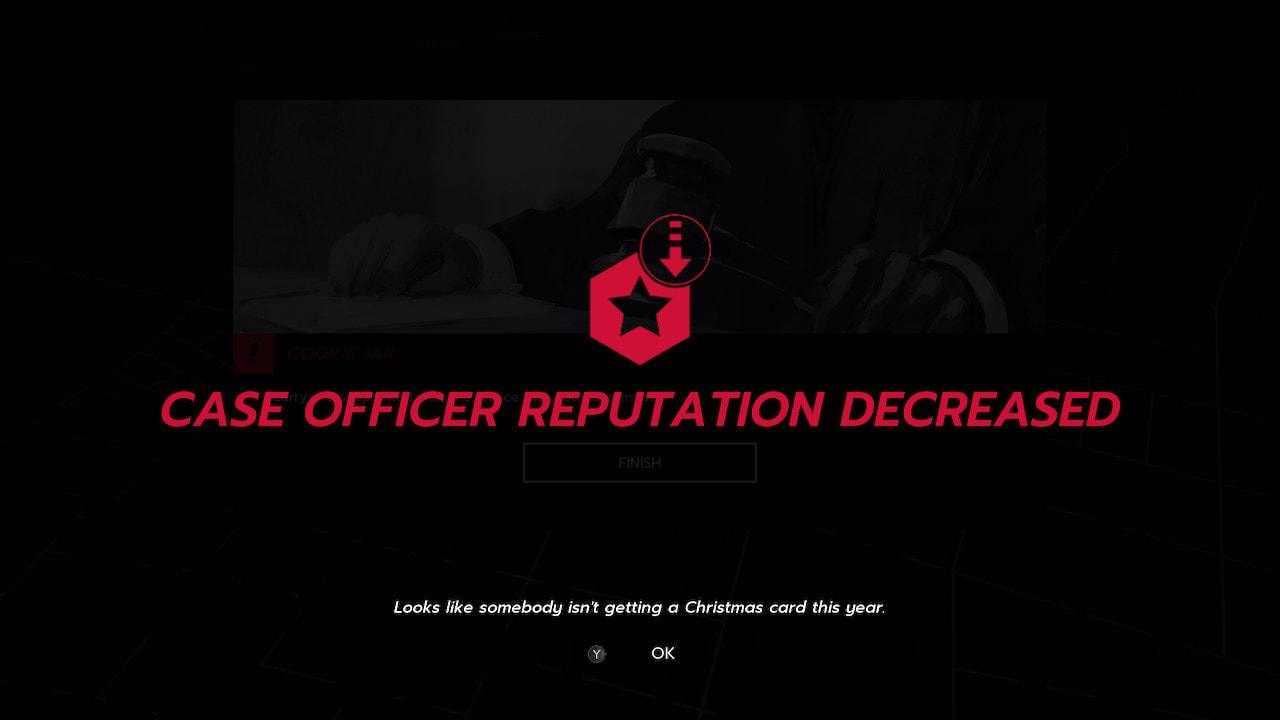

 RSS Feed
RSS Feed